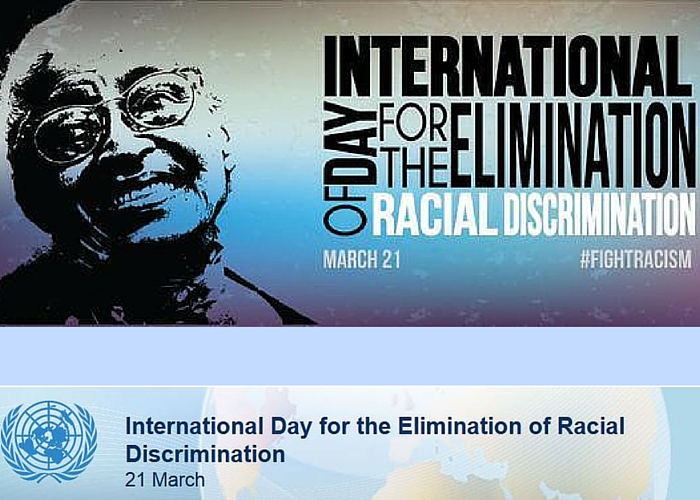We need to fight racism everywhere, every day. But on 21 March – proclaimed by the General Assembly as the International Day for the Elimination of Racial Discrimination – all eyes are on the issue.
This year, the International Day is devoted to challenges and achievements of the Durban Declaration and Programme of Action – 15 years after the landmark document was adopted at the 2001 World Conference Against Racism, Racial Discrimination, Xenophobia and Related Intolerance in South Africa.
The Durban Declaration and Programme of Action is the most comprehensive framework for fighting racism and related forms of intolerance and discrimination. It represents the firm commitment of the international community to tackle these issues, and serves as a basis for advocacy efforts worldwide.
It contains a broad range of measures aimed at combating racism in all of its manifestations, and underscores the human rights of all groups suffering from racial discrimination, emphasizing their right to participate freely and equally in political, social, economic and cultural life.
“Fifteen years after the Durban Conference very little progress has been made in tackling racism, afrophobia, racial discrimination, xenophobia and related intolerance,” three human rights experts said.
There is a clear need for putting into practice what was agreed to in Durban. This year’s anniversary, following the 10-year anniversary observed in 2011, provides the opportunity to recommit to taking the actions outlined in the Durban Declaration and Programme of Action, and for all countries, individually and collectively, to intensify efforts aimed at reducing instances of racism, racial discrimination, xenophobia and related intolerance.

